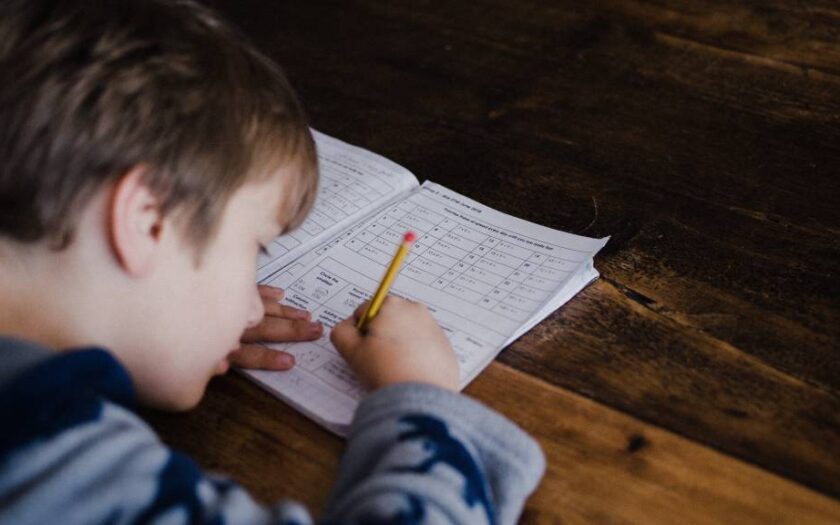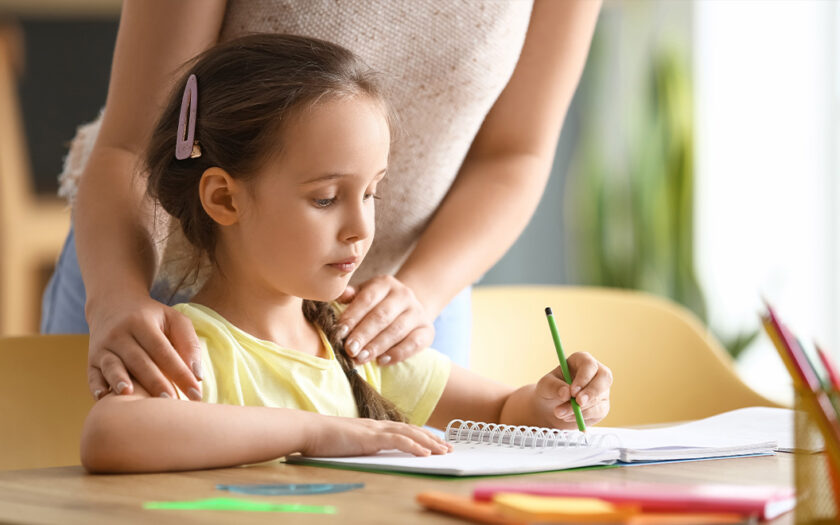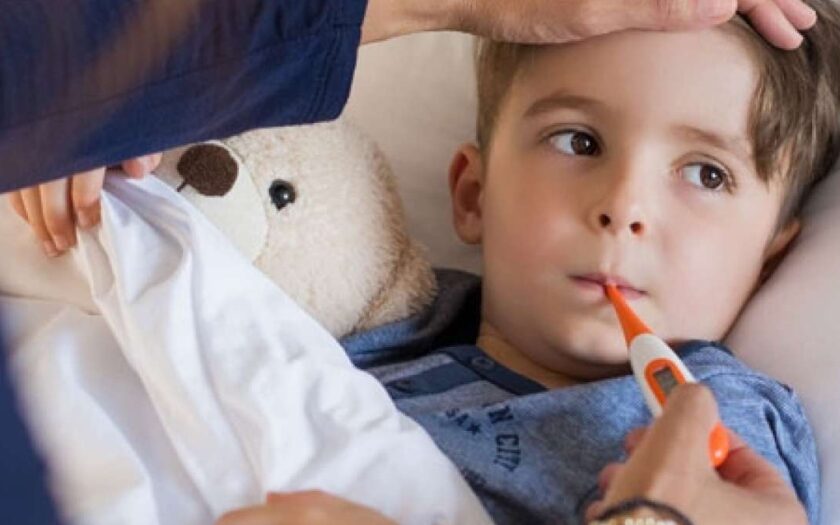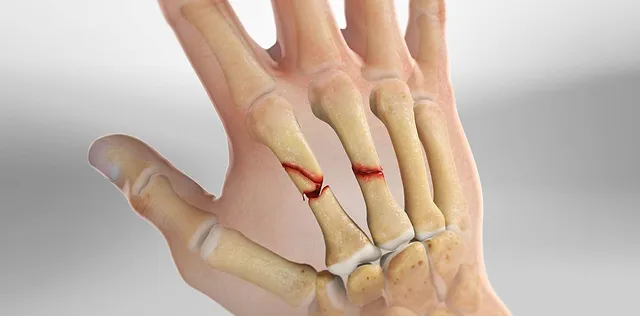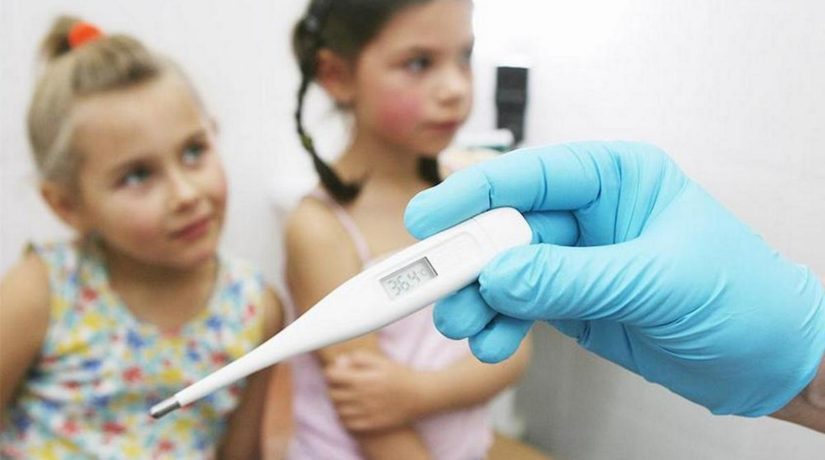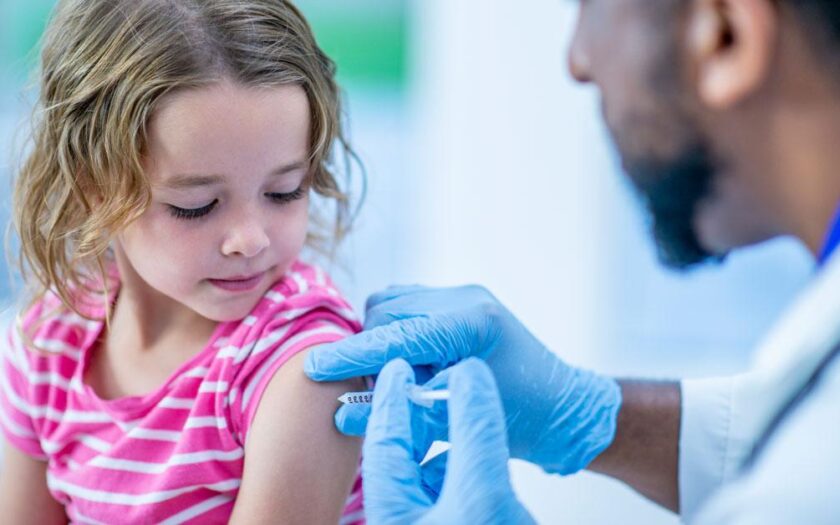What to Do When You Feel Stressed
When stress arises, taking proactive steps to manage it can help restore balance and improve well-being. Start by identifying the source of your stress and acknowledging your feelings. Simple techniques like deep breathing, meditation, or gentle physical activity, such as a walk, can quickly reduce tension. Connecting with loved ones or engaging in hobbies provides emotional relief and a mental break. Prioritizing sleep, hydration, and a balanced diet supports your body’s resilience to stress. If stress becomes overwhelming, consider seeking professional help to develop personalized coping strategies and regain control.
